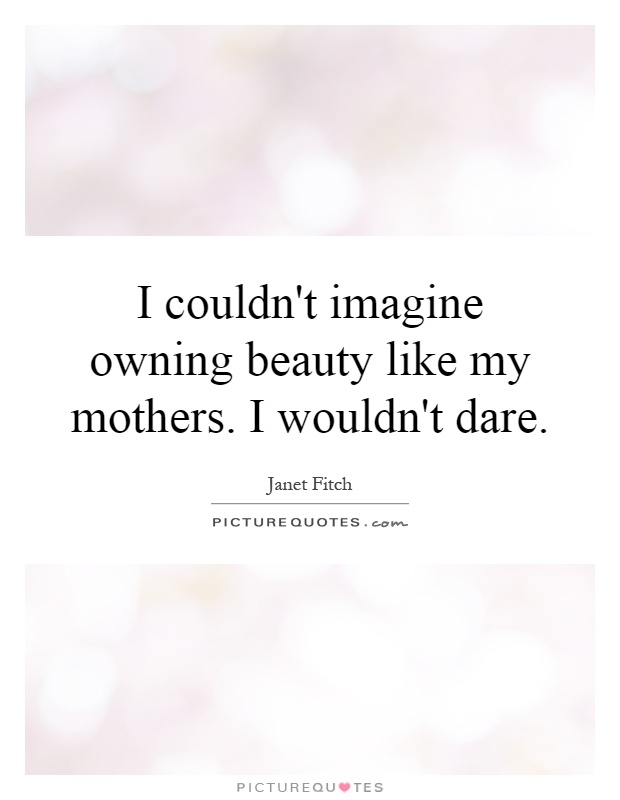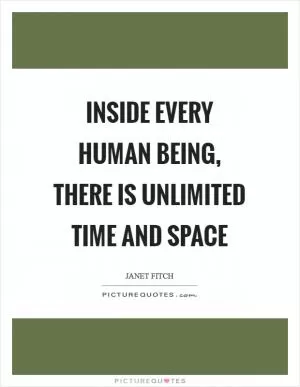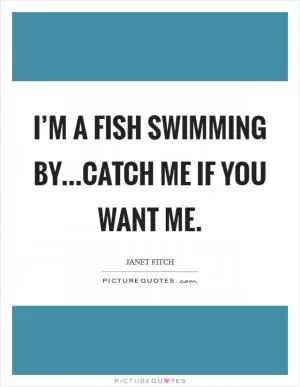I couldn't imagine owning beauty like my mothers. I wouldn't dare

I couldn't imagine owning beauty like my mothers. I wouldn't dare
In the world of Janet Fitch's novels, beauty is often portrayed as a double-edged sword. It is a powerful force that can both elevate and destroy, depending on how it is wielded. In her most famous work, "White Oleander," the protagonist Astrid struggles with her own beauty and the legacy of her mother's stunning looks.Astrid's mother, Ingrid, is described as a breathtakingly beautiful woman who captivates everyone she meets. Her beauty is a weapon that she uses to manipulate and control those around her, including her daughter. Ingrid's beauty is a source of both pride and shame for Astrid, who struggles to reconcile her admiration for her mother's looks with the pain and suffering they have caused.
As Astrid grows up, she becomes increasingly aware of the power that beauty holds over others. She sees how people are drawn to her mother, how they are willing to overlook her flaws and forgive her transgressions because of her beauty. Astrid knows that she could never wield that kind of power, that she could never use her looks to get what she wants in the way her mother does.
In a world where beauty is equated with worth and power, Astrid feels like she will always be at a disadvantage. She knows that she could never own beauty like her mother's, that she could never dare to use it in the same way. Instead, she must find her own strength and resilience, her own way of navigating a world that values beauty above all else.












 Friendship Quotes
Friendship Quotes Love Quotes
Love Quotes Life Quotes
Life Quotes Funny Quotes
Funny Quotes Motivational Quotes
Motivational Quotes Inspirational Quotes
Inspirational Quotes